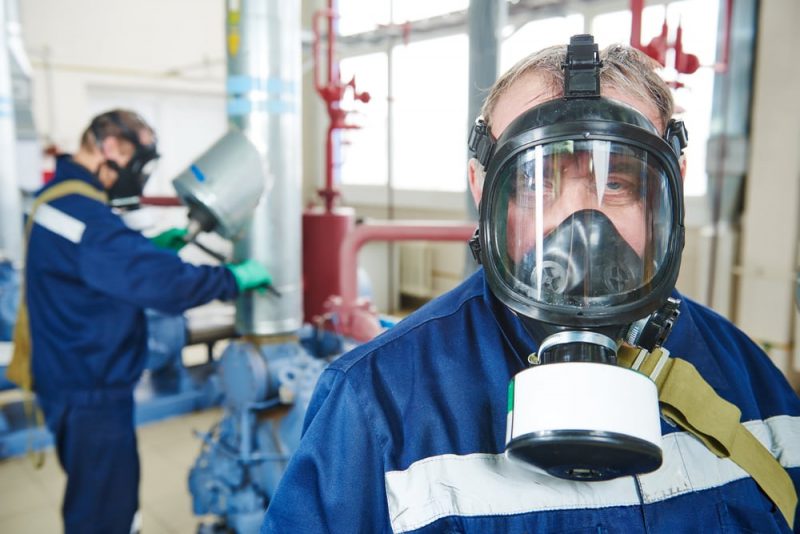The toxic substances They are chemical products that in some of their processes (manufacture, use, distribution or disposal) produce a risk to human health (disease or even death). For instance: acetone, methanol, lead, mercury.
While the toxicity It occurs when any of the stages is harmful to health, it is usually linked to consumption: most toxic substances are synthetic chemicals, which cause damage when consumed orally.
Classification of toxic substances
The toxicology is the specialty dedicated to this type of substance. The effect of substances or external conditions on living beings, biological systems, organs, tissues and cells, is the area of study of this discipline.
He usually distinguishes toxic entities into three groups:
- Chemical substances. Organic and inorganic that cause damage to the body: chemical elements such as lead appear among the inorganic ones, while among the organic ones there are substances such as methanol, and many poisons of animal origin.
- Biological toxicity. It is produced with toxins that are generated by viruses and bacteria, which reproduce by developing infections. Unlike the previous one, this kind of toxicity depends on the host’s ability to defend itself, since it is possible that two identical substances act differently at different receptors.
- Physical toxicity. It is in different things that are not usually taken as toxic, but that nevertheless affect the body like X-rays and gamma rays, or radiation from different particles.

Types of damage they produce
When toxins enter the body, they can produce different types of structural alterations or injuries (from cells that deteriorate) or functional (such as DNA alterations or inhibition of enzymatic action). The effect they have on the body divides toxins into a new classification:
- Allergic toxics. The toxin gets into the protein structure.
- Anesthetic toxins. They affect the central nervous system.
- Choking toxins. They inhibit the arrival of oxygen to the tissues.
- Carcinogenic toxins. They affect the structure of RNA and DNA.
- Corrosive toxics. They destroy the tissues on which they act.
Manifestations in the body
When the body it is overwhelmed by those elements that are harmful to its health, it is said that the body is intoxicated. In these cases, the body usually attacks the substance, managing to control it, abate it in a short time and expel it: however, sometimes this process fails because the natural defenses are low, or because there is a high concentration of the invading substance.
The appearance of pimples and hives, intense fever, breathing problems, severe diarrhea, profuse vomiting and other symptoms are what the body uses to manifest intoxication, and should be treated by doctors as appropriate.
Examples of substances toxic to the human body
- Acetone
- Methanol
- Mycobacterium tuberculosis
- Rift Valley fever virus
- Arsenic
- Hydrogen sulfide
- Chlorobenzene
- Cadmium
- Venezuelan equine encephalitis virus
- Shigelladysenteriae type 1
- Chlordane
- Sulfur anhydride
- Aniline
- Styrene
- West Nile virus
- Yellow fever virus
- Russian spring-summer encephalitis virus
- UN 2900
- Vinyl chloride
- Fuel Oils
- Asbestos
- Pesticides
- Pesticides (organochlorines, pyrethroids, carbamates)
- Sabia virus
- Lead
- Mercury
- Americium
- Cyanide
- Vinyl acetate
- Chlorfenvinphos
- Trichlorethylene
- Isocyanates
- Polio virus
- Ammonia
- Chloroethane
- Toluene
- Rabies virus
- Aluminum
- Chlorophenols
- Omsk hemorrhagic fever virus
- Yersinia pestis
- Carbon monoxide
- Zinc
- Tetradoxin
- Acrylonitrile
- Tick-borne encephalitis virus
- Barium chloride
- Acrolein
- Tar
- Variola virus
